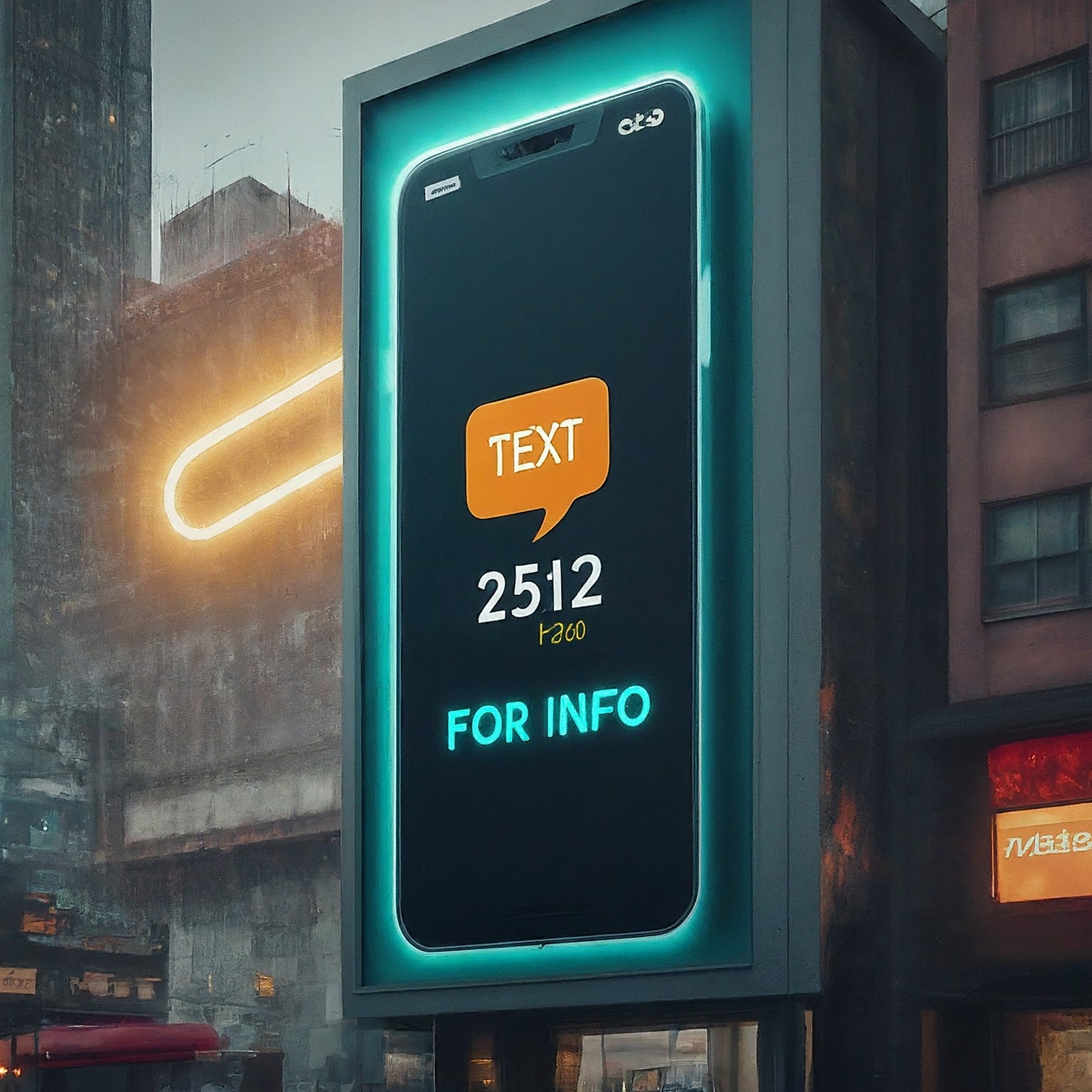We investigate the mysterious 2512 text message, its link to T-Mobile, and whether you should be concerned.
If a text message from the short code 2512 has landed in your inbox, you’re not alone—and you’re right to be cautious. In an age of rampant “smishing” (SMS phishing) scams, every unsolicited message deserves scrutiny. So, what’s the deal with the 2512 text code? Is it a legitimate message from T-Mobile, or is it a scam?
We’ve done the research, and we have the definitive answer. This article breaks down everything you need to know about messages from short code 2512.

The Verdict: Is 2512 From T-Mobile?
Yes, the short code 2512 is a legitimate, official communication channel used by T-Mobile. T-Mobile’s own documentation confirms they use this number for “T-Mobile campaigns.” This means it’s used for sending marketing promotions, sales offers, and other service-related alerts directly from the company.
A “short code” is a special 5 or 6-digit number used by businesses for high-volume messaging. Think of appointment reminders, two-factor authentication codes, or, in this case, marketing. So, if you receive a 2512 text message, it did originate from T-Mobile’s systems.
The Legitimacy Paradox: Why Does the 2512 Text Message Feel Like a Scam?
This is the crucial question. If the number is real, why do so many people report it as spam or a phishing attempt? The problem isn’t the sender, but the message itself. T-Mobile’s marketing campaigns from this number are often poorly targeted, which makes them look exactly like a typical scam.
Case Study: The “Congrats on Your New Phone” Text
A very common 2512 text message T-Mobile sends reads something like this:
“Congrats on your new phone! Now is a great time to pair it with a smartwatch… Check out our great deals: [sms.t-mobile.com link]”
The recipient, however, hasn’t purchased a new phone. This immediately raises red flags. Scammers often use a false pretext (like a fake prize or a problem with your account) to get you to click a link. By sending a legitimate marketing message with a factually incorrect premise, T-Mobile unintentionally mimics a phishing attack, causing widespread and justified confusion.
This confusion is amplified by T-Mobile’s history of data breaches. Customers are on high alert, and any unsolicited message that feels “off” is rightly viewed with suspicion. While the link in the message (`sms.t-mobile.com`) is a real T-Mobile domain, the faulty premise of the text makes it feel untrustworthy.
Your Action Plan: How to Safely Handle Any Suspicious Text
Whether it’s from 2512 or any other number, you should always follow these security best practices.
- The Golden Rule: Don’t Respond or Engage
Never reply to a suspicious message, not even with “STOP.” Replying confirms your number is active, which can lead to even more spam. The only time you should reply “STOP” is to a legitimate business you’ve previously subscribed to.
- Scrutinize the Link (Without Clicking)
On most smartphones, you can long-press a link to preview the full URL before you open it. For a text from 2512 T-Mobile, the link should go to an official domain like `t-mobile.com`. If it leads to a strange-looking domain or uses a URL shortener (like bit.ly), do not open it.
- Report Spam and Scams to T-Mobile
This is the most helpful action you can take. T-Mobile has a dedicated, free service for reporting junk texts. Simply forward the entire message to the short code 7726 (SPAM). This helps T-Mobile’s network filters identify and block scammers, protecting you and other customers.
- Block the Number
If you don’t want to receive these marketing messages from 2512, you can simply block the number directly on your phone. This provides immediate relief.
- Use T-Mobile Scam Shield
T-Mobile offers a free suite of tools called Scam Shield. You can enable features like Scam Block (`#662#`) to automatically block likely scam calls and texts before they ever reach you. Manage these settings in the T-Life app.
Frequently Asked Questions (FAQ)
Is short code 2512 from T-Mobile?
Yes. 2512 is an official short code owned and used by T-Mobile for marketing campaigns and promotions.
What is the 2512 text code used for?
It’s used for Application-to-Person (A2P) messaging, which includes marketing offers, sales promotions, and other alerts from T-Mobile’s automated systems.
I got a text from 2512 about a new phone, but I didn’t buy one. What should I do?
This is a common example of their poorly targeted marketing. The message is from T-Mobile, but based on faulty data. It is not a scam in this case, but you can safely ignore and delete it. Do not reply. For peace of mind, you can also block the number.
Is it safe to click links in a text from 2512?
While the code itself is legitimate, you should always practice caution. Long-press the link to ensure it directs to an official T-Mobile website (like `sms.t-mobile.com` or `t-mobile.com`). If you are ever unsure, do not click the link. Instead, go directly to T-Mobile’s official website or app in your browser.
How do I stop getting texts from 2512?
The most effective method is to block the number 2512 on your smartphone. You can also try replying “STOP,” as legitimate marketing systems are required to honor opt-out requests, but blocking is a more surefire way to prevent future messages.
The Bottom Line
The text from 2512 is from T-Mobile, but their marketing practices often make these messages appear deceptive. Your suspicion is valid. The best approach is to adopt a “trust but verify” mindset. Treat every unsolicited message with caution, use the reporting and blocking tools at your disposal, and never give out personal information in response to a text.